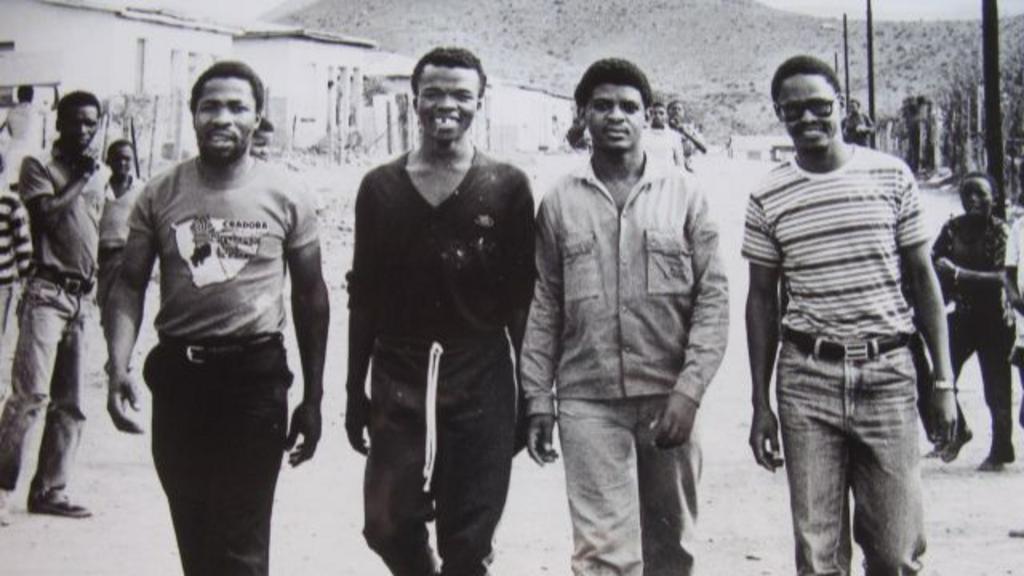South African President Cyril Ramaphosa has initiated a judicial inquiry to examine claims of political interference in the prosecution of crimes committed during the apartheid era.
This development follows thirty years since the end of apartheid and comes after a coalition of survivors and relatives of victims filed a lawsuit against the government, citing insufficient progress toward justice.
Established in 1996, the Truth and Reconciliation Commission (TRC) detailed appalling abuses such as murder and torture during apartheid. However, few of these revelations led to formal prosecutions.
A statement from the presidency emphasized Ramaphosa’s commitment to uncovering the facts and resolving the issue conclusively, as he announced the inquiry.
The probe results from negotiations in a high court case involving 25 families and survivors seeking redress.
The plaintiffs, pursuing $9 million (£6.8 million) in damages, allege successive post-apartheid governments failed to thoroughly investigate these historical atrocities.
Among those involved is the son of Fort Calata, one of the Cradock Four anti-apartheid activists who was killed and burned by security forces in 1985.
The murder of the Cradock Four provoked national outrage; six ex-police officers admitted their role before the TRC but were denied amnesty and never prosecuted. All six have since passed away.
For years, critics have raised concerns over an alleged secret accord between the post-apartheid African National Congress (ANC) government and the previous regime to prevent legal action. The ANC has consistently rejected these claims.
On Wednesday, the presidency acknowledged that “allegations of improper influence delaying or hindering the investigation and prosecution of apartheid-era crimes have persisted across past administrations.”
The identity of the inquiry’s chair and its schedule will be confirmed in due course.
Go to BBCAfrica.com for more news from the African continent.
Follow us on Twitter @BBCAfrica, on Facebook at BBC Africa or on Instagram at bbcafrica
Gen Assimi Goïta, who has seized power twice, had previously promised to hold elections.
It is unclear how they died – the police had referred to a possible kidnapping but now suggest an accident.
Taiwanese are warned against traveling to Somalia or Somaliland for their own safety before the ban is lifted.
A BBC investigation identifies members of the security forces who shot dead protesters last June.
The family of Osinachi Nwachukwu accused her husband of abusing the popular gospel singer before her death.

